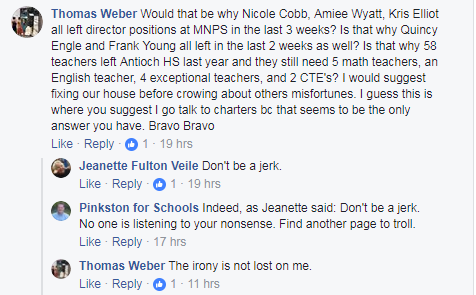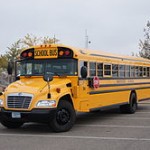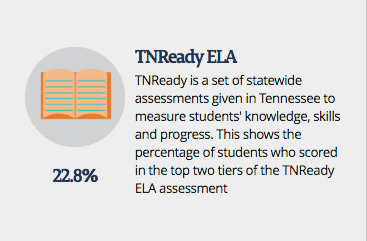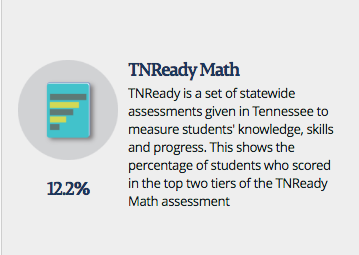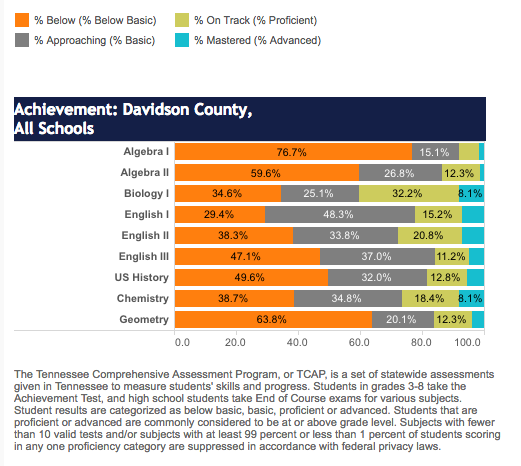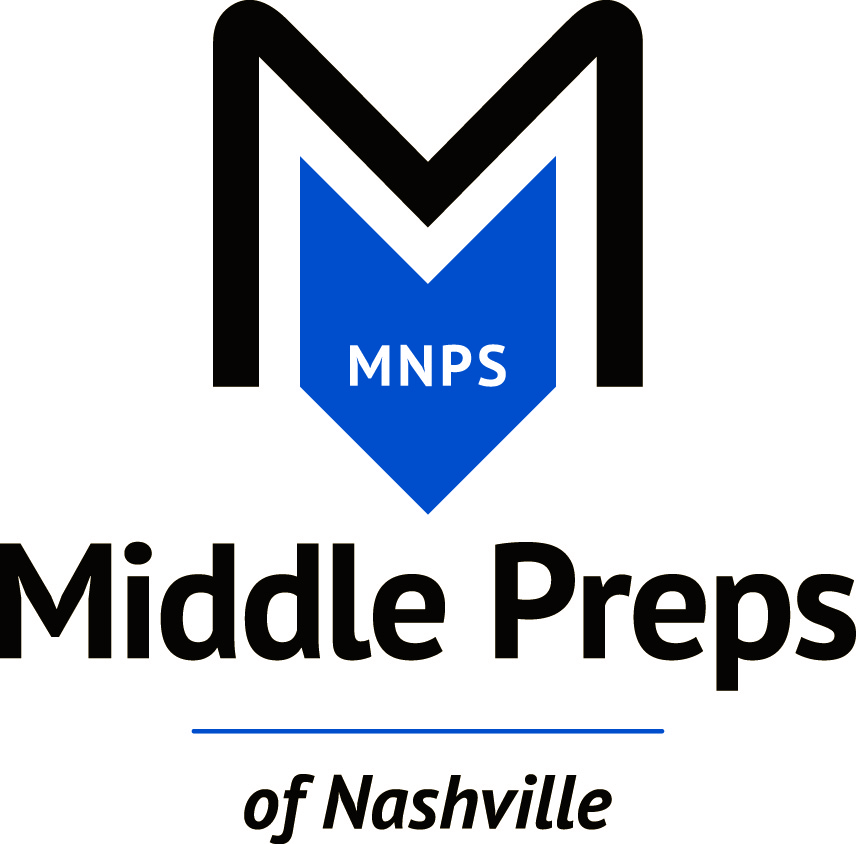The ongoing Data Wars between the state’s two largest school districts and the Tennessee Department of Education continue, with today being the deadline set by Commissioner Candice McQueen for districts to hand over the data or face consequences.
Yesterday, Anna Shepherd and Chris Caldwell, chairs of the Boards of Education in Nashville and Memphis respectively, penned an op-ed detailing their opposition to the data demand from McQueen.
They wrote:
Tennessee Education Commissioner Candice McQueen has demanded that Metro Nashville Public Schools and Shelby County Schools surrender personal contact information for a large number of students and families in our school systems, which represent approximately 20 percent of Tennessee’s K-12 public school students.
Her argument: A new state law requires us to hand over personal information to ASD charter schools so these taxpayer-funded private schools can use the data to fill thousands of empty seats by recruiting students away from public schools.
In addition to violating student and family privacy — the right to privacy is a fundamental American principle — the problem with McQueen’s data demand is this: The ASD now is universally viewed as a failed experiment in education reform.
Shepherd and Caldwell contend that their district’s students will not be well-served by marketing efforts from charter schools operating under the banner of the Achievement School District:
Instead, McQueen proposes to shift the cost burden of the failing ASD to local taxpayers in Memphis and Nashville. She wants to confiscate our student data and information in order to stage marketing raids on our schools — which would redirect local taxpayer funds to the ASD and its charter operators at the expense of our school systems.
With today’s deadline looming, it appears school leaders in Memphis and Nashville are locked down against releasing the data demanded by McQueen. Should that position hold, the question will be: What will McQueen do about it? Will she unleash her ultimate weapon and withhold state funds from these districts as punishment?
For more on education politics and policy in Tennessee, follow @TNEdReport

